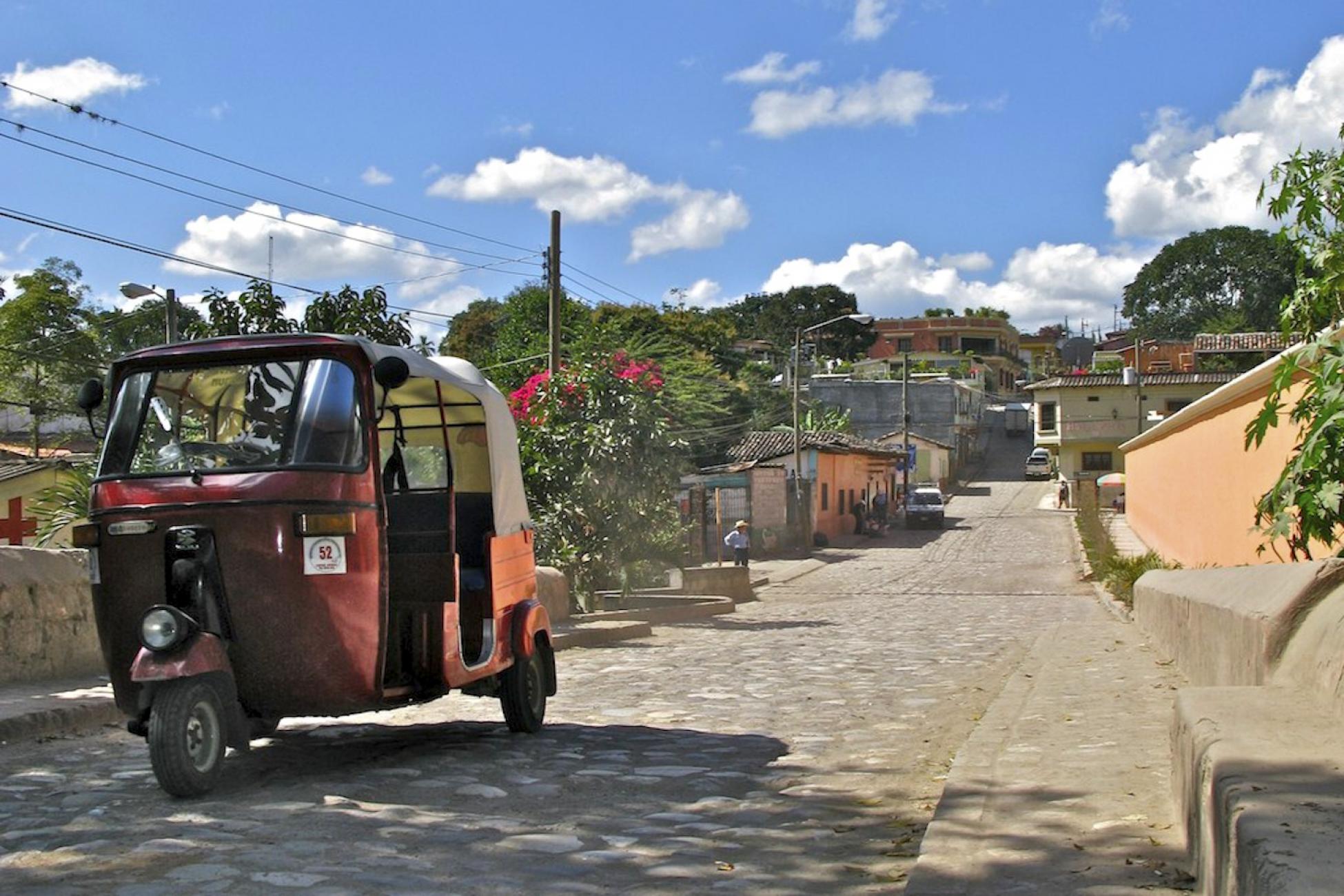As the plane began to descend into what would be my new home, I felt a mixture of emotions and thoughts. Of course, there was the excitement of starting a new chapter in my life, but there was also the apprehension of not knowing how things would unfold once we landed. Cuso International, the organization sponsoring my work, had dutifully informed me of everything I need to know about working abroad on a humanitarian mission, but now that I am here, it is a different story.
The first shock was the contrast between the hot weather of Honduras and the cold Canadian winter that I had left behind only a few hours earlier. I immediately started thinking about how different this Central American country might be from the green paradise the people of the north dream about as they make their way through the snow. I wondered how much deforestation and water pollution might be contributing to the dryness I perceived in the air, or whether it is only part of the season we are in.
So far, every person I have come across in Honduras has been friendly, kind and helpful. The first Honduran citizen I met as part of this trip was an old cowboy at the Miami International Airport who shook my hand warmly and gave me a welcoming smile. With the help of locals and the assistance of Cuso, I made my way to the Real Colonial Hotel in the heart of Tegucigalpa. I was warned right away not to venture outside by myself at night for safety reasons. I will be here for the next seven days while undergoing specialized training at the Cuso headquarters.
I began to question whether or not I would be able to make any difference in the face of systematic issues of such magnitude.
Call it occupational hazard, but I am already obsessed by the issues being faced on a daily basis by the Honduran indigenous and tribal communities. The land clearings and what seemed like endemic deforestation I saw out of the airplane window on my way here reminded me of the existential threats being posed to thousands of families and communities relying on the land for their subsistence. I wondered about the impact that the very plane I was sitting on was having on the local environment and my own impact on the issue. I began to question whether or not I would be able to make any difference at all in the face of systematic issues of such magnitude. In a region where the murder rate of human rights workers and indigenous community leaders is among one of the highest in the world, questions and doubts are bound to come up.
Still, in spite of all my fears, the doubt and the questionings, here I am! And happily so, as I remind myself of my life goal of helping the causes of human rights and indigenous peoples rights wherever I have an opportunity to serve. I reassure myself that I've been sent to Honduras to work as an adviser and advocate for indigenous peoples rights for a reason. I see this as my mission, and am planning to fulfill it to the best of my ability. Humbled by the opportunity to commit to a cause I truly believe in, I sincerely hope to be a positive force for change. There is no place else I would rather be right now.

